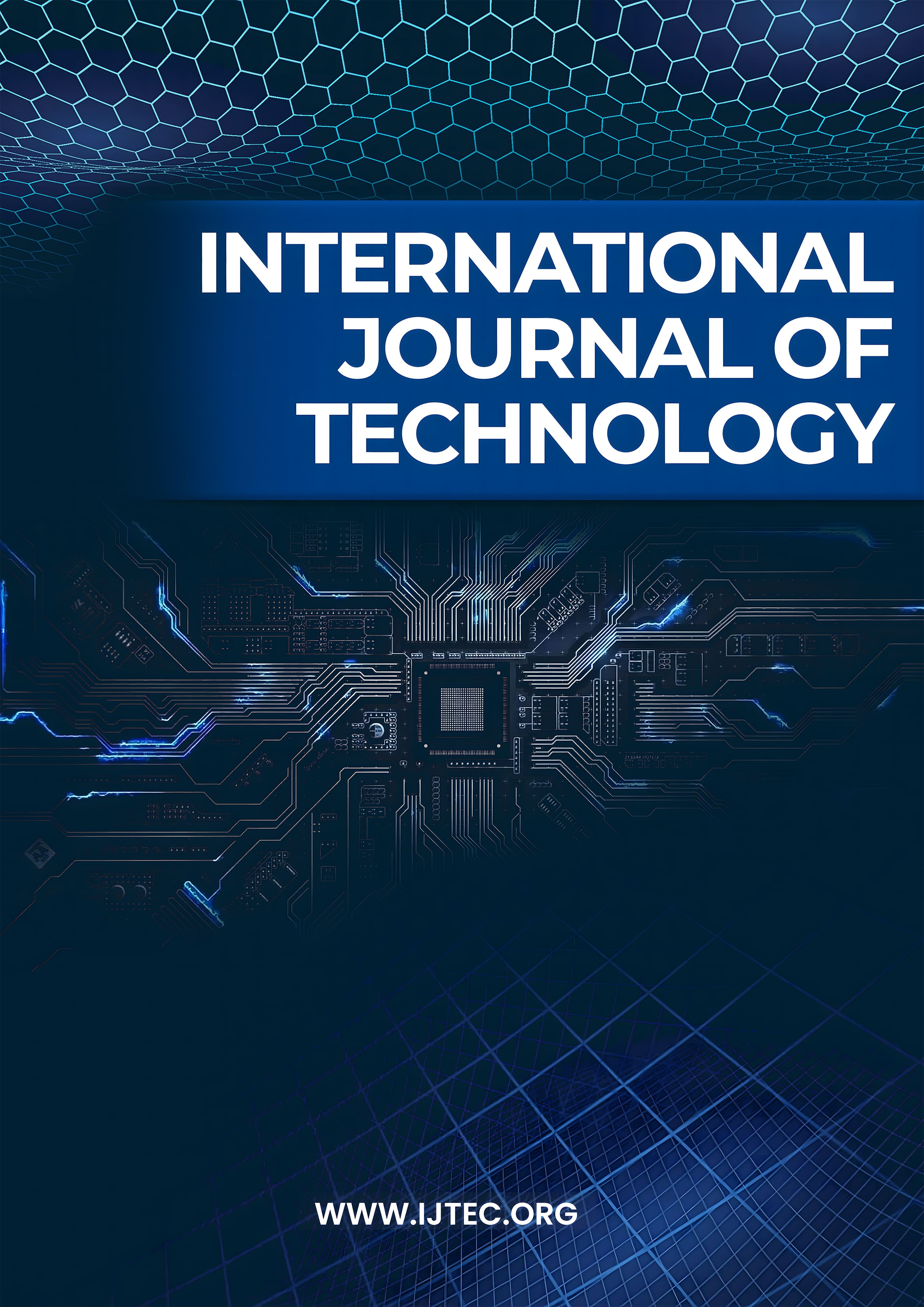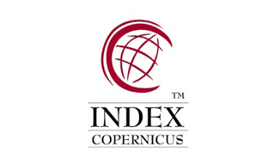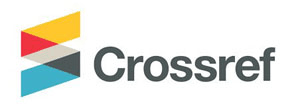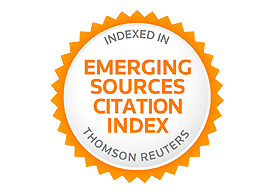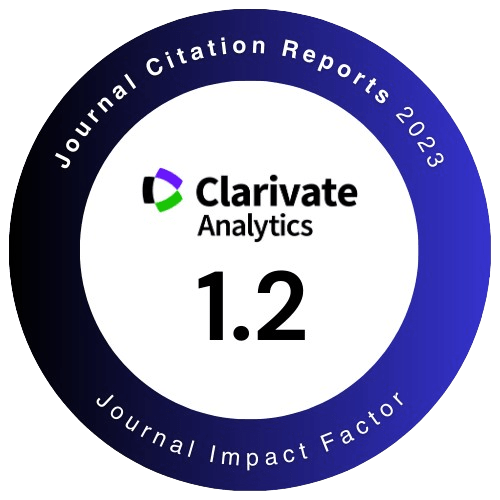International Journal of Technology (IJTEC) is an interdisciplinary journal dedicated to publishing research, with a particular focus on Technology and Social Science. The journal, issued quarterly, emphasizes teaching innovation and features original works, research, and projects related to new learning methodologies and supporting tools across various disciplines.
IJTEC also publishes special issues on technological themes from diverse industrial sectors, providing practical case studies for classroom use. This approach bridges the gap between academic learning and real-world applications.
Key areas of interest include:
- Multidisciplinary
- Education
- General Science (Physics, Chemistry, Mathematics)
- Telecommunications
- Electricity and Electronics
- Industrial Computing (Digital, Analog, Robotics, Ergonomics)
- Aerospace (Aircraft design, engines, materials)
- Automotive (Materials, emissions)
IJTEC employs a double-blind peer review system and is published quarterly online with open access, promoting the advancement of scientific knowledge. All articles are published in English.
Section Policies
Peer Review Process
The Editor will initially assess each submitted manuscript to determine its alignment with the journal's focus and scope. If the manuscript meets these criteria, it is forwarded to a member of the Editorial Team for a more detailed evaluation, focusing on the scientific merit, methodological soundness, relevance to readers, and clarity of presentation.
If the manuscript is deemed appropriate for further review, it undergoes a double-blind peer review process by two members of the Reviewer Board, who have no conflicts of interest. If specific reviewers are unavailable, editors will seek out equally qualified specialists in the relevant field. Reviewers provide feedback and recommendations to both the editor and the author(s). The editor then assesses the feedback and makes a decision, either independently or in consultation with other editors, on whether to accept, revise, or reject the manuscript.
The editor will communicate the overall outcome (rejected, accepted, or accepted with revisions), along with the reviewers' comments. Revised manuscripts may be subject to additional peer review if necessary.
Publication Frequency
IJTEC is published quarterly. These four issues constitute a single volume for the year. Occasionally, IJTEC may publish special issues on specific research topics, which may have designated guest editors and specific calls for papers.
Open Access Policy
IJTEC offers immediate open access to its content based on the principle that making research freely available to the public enhances global knowledge sharing.
Archiving
IJTEC uses the LOCKSS system to create a distributed archiving network among participating libraries, allowing them to create permanent archives of the journal for purposes of preservation and restoration.
Publication Fee
IJTEC operates on an open-access model, allowing authors to reach a broader audience and enhance the global impact of their contributions. To sustain this model, IJTEC charges a fee for article layout and publication.
As of January 4th, 2023, the publication fee for accepted papers is 1000 US Dollars per article. Papers submitted before this date will be charged the previous rate.
Upon acceptance of an article, IJTEC will contact the authors to arrange payment.
Publication Ethics
Publishing in a peer-reviewed journal like IJTEC is a critical component of knowledge dissemination and scientific progress. All participants—authors, editors, peer reviewers, and publishers—are expected to adhere to the highest ethical standards throughout the publication process.
Plagiarism and Originality
Authors are required to properly cite and reference all sources used in their research articles. Plagiarism, whether intentional or unintentional, is strictly prohibited. This includes presenting another's work as one's own, copying parts of another's paper without proper citation, or claiming results from research conducted by others.
To prevent plagiarism, IJTEC will screen all submissions received after December 2017 using Crossref Similarity Check, powered by iThenticate software from iParadigms, which is also known as Turnitin. This extensive database includes over 50 million documents contributed by more than 200 Crossref members, though it may not be exhaustive.
IJTEC's content is added to the Crossref anti-plagiarism database, enabling other publishers to detect potential plagiarism in submissions through iThenticate software.
Complaints Policy
IJTEC is committed to delivering high-quality service and maintaining transparency and accountability with all stakeholders. Addressing complaints is an important part of our continuous improvement efforts, and we are dedicated to resolving any issues promptly.
General Data Protection Regulation
As a scientific publisher, we are fully committed to complying with all applicable data protection laws and regulations, ensuring the responsible use and dissemination of personal information.
